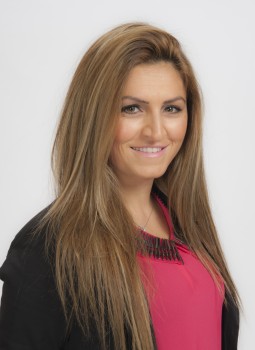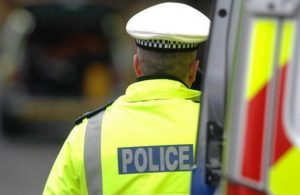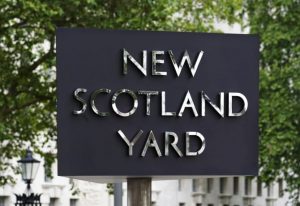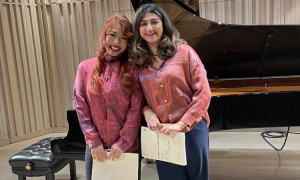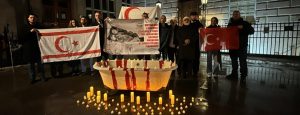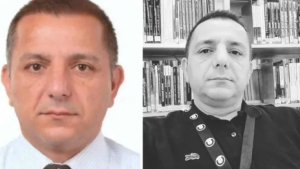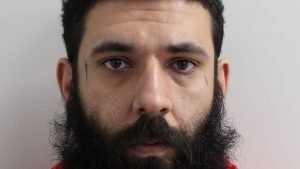Enfield’s influential Turkish voting bloc
2014 will see more Turkish and Kurdish speaker councillor candidates than ever before.
CAMPAIGNING is well underway for the 160 councils – including all 32 London boroughs – that face the ballot box in elections next May.
Candidates with Turkish, Turkish Cypriot and Kurdish roots are among those competing to become one of the 4,161 councillors that will be elected on 22 May 2014, primarily in such places as Hackney, Enfield, Haringey, Islington and Waltham Forest.
Enfield, where more Turkish and Kurdish-speaking people live than any other London borough, also hosts the largest number of candidates.
Existing councillors Yasemin Brett, Ahmet Öykener, Ali Bakır, Ahmet Karahasan, Ayfer Orhan and Alev Cazımoğlu have all been renominated for the Labour Party, and joined by new candidates Nesimi Erbil, Güney Doğan, Turgut Esendağlı, Haydar Ulus, Suna Hürman and Adeline Zeynep Kepez.
It is understood the Conservative Party nominations for Enfield will be finalised in the coming weeks.
TURKISH INFLUENCE
Analysts point to the huge influence Turkish and Kurdish-speaking voters will have at the upcoming election in Enfield.
The 2011 census identified 13,968 Enfield residents with a place of birth in Turkey – higher than anywhere else in Britain – placing Turks second only behind white British residents as the largest ethnic group in Enfield.
Combined with Turkish Cypriots and Kurds, the community carries clear influence in Enfield’s election.

The civic centre in Enfield, which is home to more Turkish and Kurdish speakers than anywhere else in Britain
HASELBURY’S CANDIDATE
Banker Suna Hürman will be contesting the Haselbury ward for Labour. The young politician, who is married to businessman Savaş Hurman and has two children named Ahmet (15) and Ela (6), has been working as general secretary to the Alevi Cultural Centre for four years.
She told Londra Gazete that the troubles she saw among members of her community were instrumental in persuading her to run.
“I believe our community is not sufficiently represented,” she said.
“I decided to enter politics particularly to help, at least in small part, the difficulties encountered by our non-English speaker senior citizens. I intend to approach this in keeping with the teachings and value of the Alevi way.”
Mrs Hürman said Turkish is the second most spoken language in Haselbury and that 20 percent of residents are Turkish, Turkish Cypriot or Kurdish. Health services, safety and ethnic identity representation are the greatest problems facing the ward, she said, adding that she was looking forward to revealing her manifesto plans in the coming weeks.

